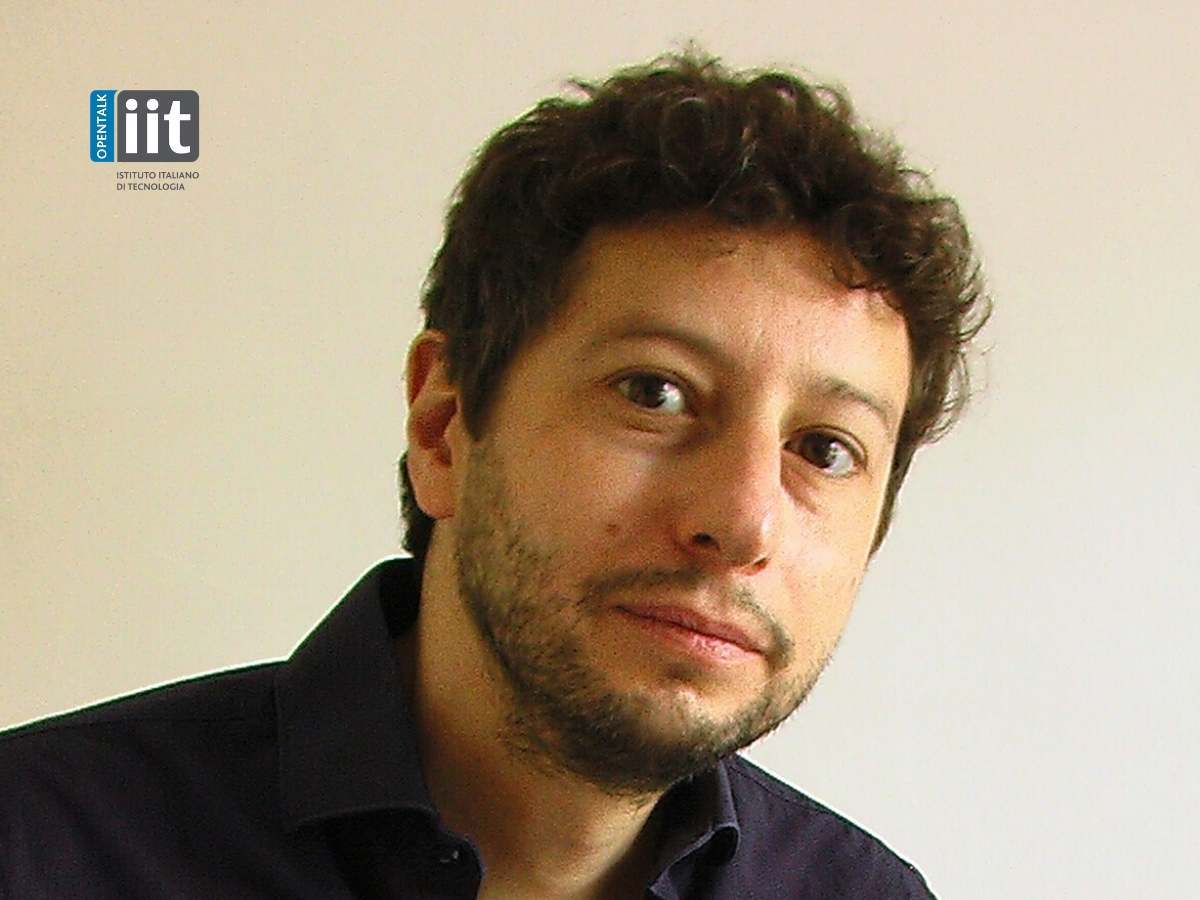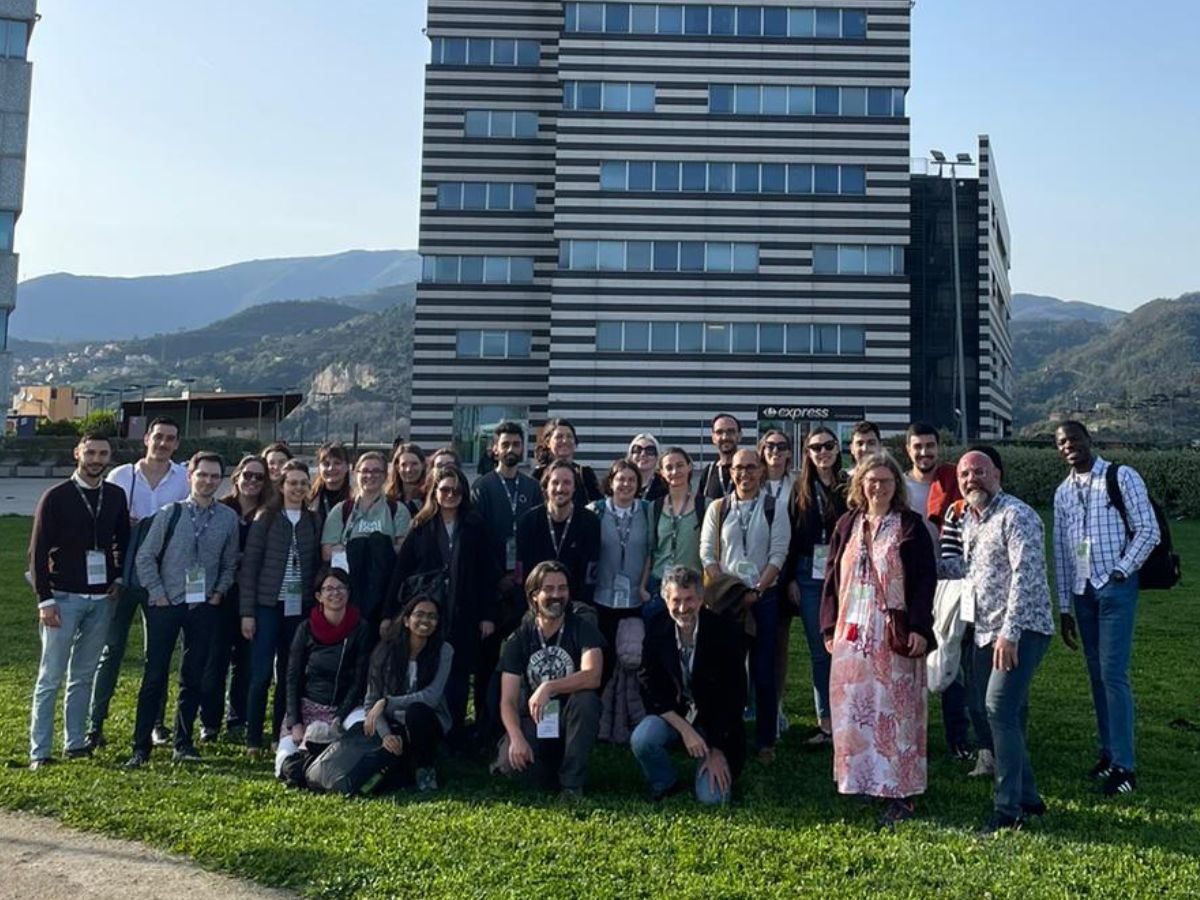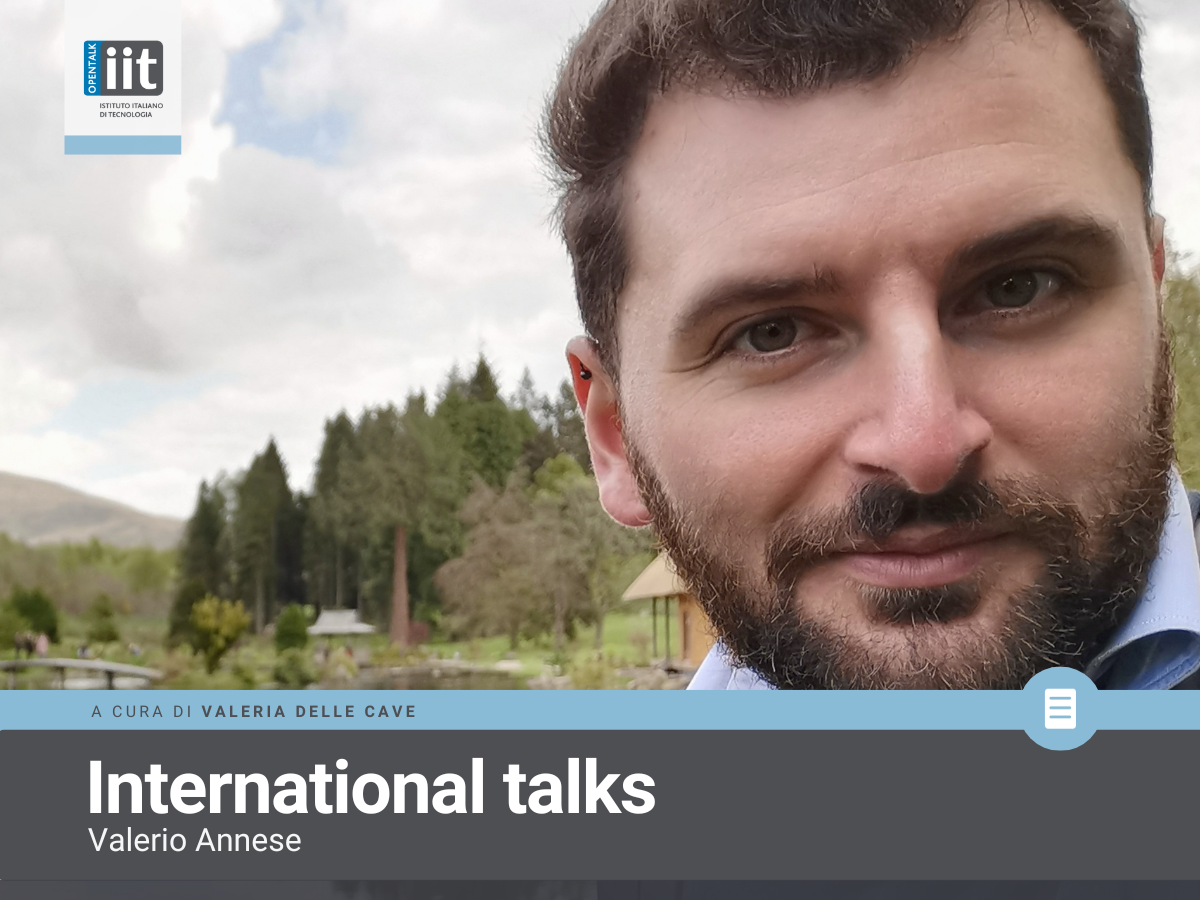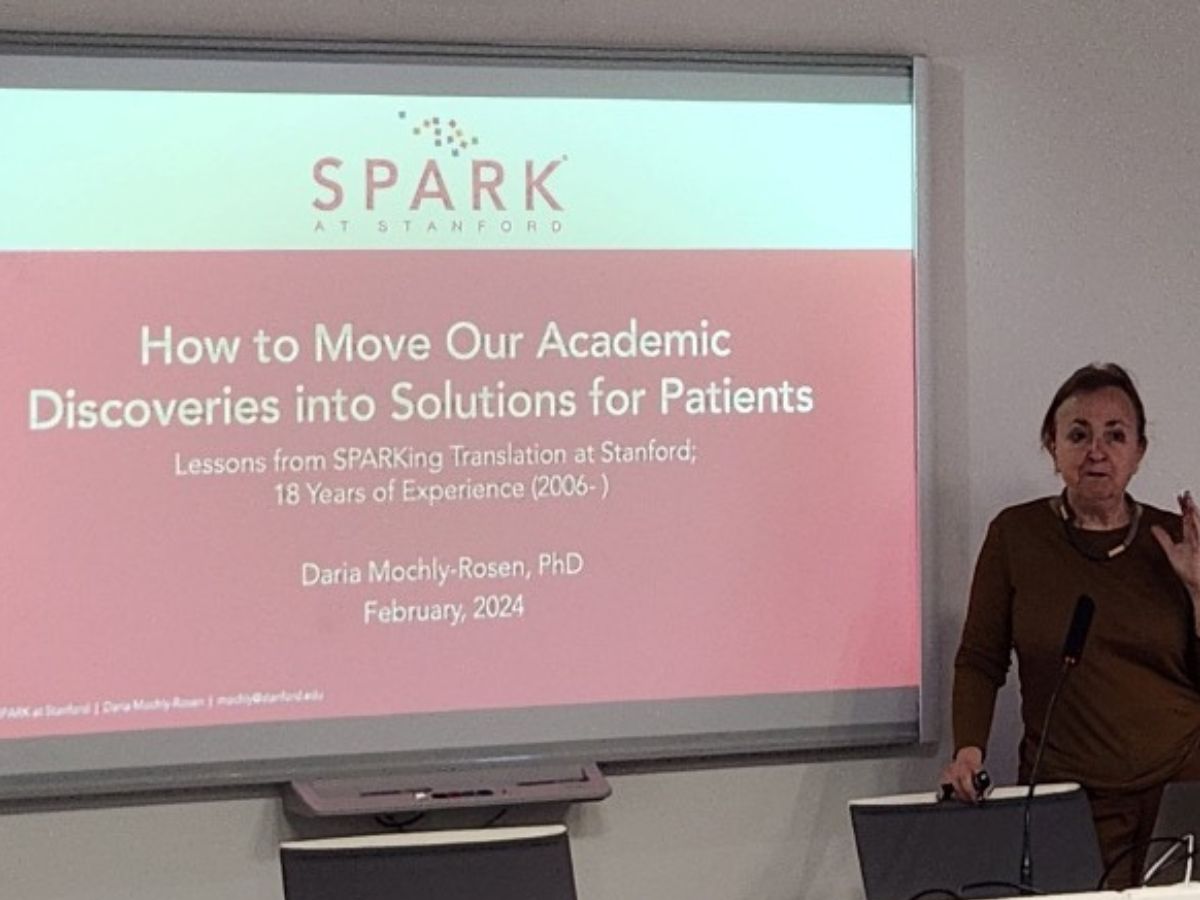Interview with Giancarlo Sturloni, scientific journalist and risk communication expert
In an interview with Der Spiegel, the philosopher Hans Jonas said, referring to the inertia of human behaviour towards the natural world: “Those who are not personally threatened directly do not make an effort to review their way of life. In the case of an impending threat, it is different, individually as well as collectively.” The SARS-CoV-2 virus has forced us to change all over the world in a sudden, non-linear and non-homogeneous way. Humanity has responded to the emergency as if faced with “a war” and in plans for the future we often hear people say “that things will not be the same as before”. We will have to “live” with the virus. Yet Ulrich Beck, a risk society theorist, had already anticipated this: the occurrence of global risks has become the norm. What, then, did not work in predicting and managing this “normal”? We talked about it with Giancarlo Sturloni, scientific journalist and risk communication expert.How has the perception of the risk of this pandemic influenced the political choices of different countries?The perception of a risk drives concerns and therefore directs the choices that follow. As for COVID-19, the risk in our country was initially underestimated. We believed that it was impossible for us to experience ourselves what the citizens of Wuhan were experiencing, and this also caused a delay in the interventions. In the first weeks of February, also due to the low perception of the risk, we did not understand that the epidemic had already arrived in Italy and we were unable to detect the first suspected cases. While at the end of February, when it was now clear that the virus was also circulating here, there was a second moment of underestimation of the risk which coincided with the reassurances given by various political figures in the days of the “Milan doesn’t stop” campaign. The initiative, which was carried out to safeguard the country’s image and economy, led citizens to think they could resume their normal life, in contrast to the indications they had received a few days earlier to protect themselves from contagion. That was a serious communication error.A first survey on risk perception in Italy carried out by the Observa Observatory in the first weeks of March reported that the age group least susceptible to the pandemic risk was that of young people. What could be the reason for this difference?The results are not surprising. In general, younger age groups, especially young males, are less likely to worry about the risks. In this specific case, however, many institutions, condemned by the mass media, stressed that the epidemic mainly affected the elderly with underlying health conditions, causing younger people not to be afraid of exposing themselves to the infection. While it is true that on the one hand, older people are more at risk, on the other, the choice of statement betrays an attempt to reassure the population with a misleading message – “it is only the elderly with underlying health conditions who die” – while we know that in actual fact, none of us are completely safe.Communication, and therefore also the language used, is important in managing an emergency. In the case of the COVID-19 pandemic, a language of war is often used, with terms such as “war”, “battle”, “enemy”, which are very effective in mobilising people and recalling a sense of individual responsibility. Is this the most appropriate approach or could there be equally effective alternatives?The use of the language of war in medicine can be traced back to the seventeenth century and became established in the nineteenth century with the theory of germs that identified pathogens as the cause of epidemics. There are metaphors of invasion and of the body as a fortress to be protected from external attack. Historically, medicine also developed to respond to the consequences of wars, sharing military language and organisation. It is for these reasons that nineteenth-century war jargon still survives: all the leaders of the main nations involved in the pandemic have spoken of a war against an invisible enemy. However, this language is not without consequences: although on the one hand it can be useful for mobilising people, on the other it asks citizens to obey with military discipline. It does not rely on the responsibility of individuals, nor does it require governments to explain or justify their decisions. Managing a health emergency like a war can also encourage authoritarian changes. The use of metaphors of invasion has already led to the closure of borders, although the WHO considers this measure counterproductive. We may not have an alternative as powerful as military metaphors, but more awareness of the possible consequences is perhaps needed.Scientists are also involved in communication, sometimes intervening in isolation and becoming a source for the mass media. What advice would you give them to tell about their research related to COVID-19?A scientist who tells his research clearly is the best source of scientific journalism; however, he must be able to place his research in a wider context, which for example also includes ethical and social aspects. In the case of an emergency like the one we are experiencing, it is also important to have specific skills in risk communication, because even a trivial mistake may endanger many people’s lives. Experts and institutions often tend to play down risk in an attempt to reassure people, but this has the effect of reducing their perception of risk and sometimes exposing them to danger. Another problem arises when the expert enters into conflict with colleagues, fuelling confusion. But the main problem in risk communication is the lack of authoritative institutional communication capable of offering coherent, timely and up-to-date information. Scientists are not mistaken in putting themselves on the line in the media, but they must never forget that science is a collective enterprise where scientific consensus is the only reliable guide in such uncertain and complex situations as epidemics. We need scientific institutions capable of offering a picture that is as coherent and as complete as possible of the available knowledge. The WHO is a good example because it can count on scientists from different disciplines: from the epidemiologist to the social researcher, from the emergency psychologist to the risk communicator.How should we address risks during an emergency?In order to function, the management of an emergency must be planned in “peacetime”; that is, before crisis, based on the various scenarios that are more or less likely to occur. These scenarios can be outlined based on past experience: pandemics are recurring events and since 2003, the WHO has urged all governments to equip themselves with a pandemic emergency plan. Better still if the plan is built with the active participation of all involved and is shared with citizenship. In Italy, but also in other countries, planning of the emergency response was lacking.What more could be done and what has not worked in our country?In general, we have a lack of professionalism in the area of risk communication, even within many institutions called to manage emergencies. As on other occasions, a problem of coordination between the various institutions and the inability to “speak with one voice” that offered citizens clear and coherent messages also emerged. For the future, I hope above all for greater preparation in peacetime, with the creation of crisis units with well-defined roles and skills, able to be activated quickly in case of need. Otherwise, it is inevitable that we will always be late in responding to events, and suffer the consequences. The response to emergencies must be thought out and prepared before the emergency occurs.





